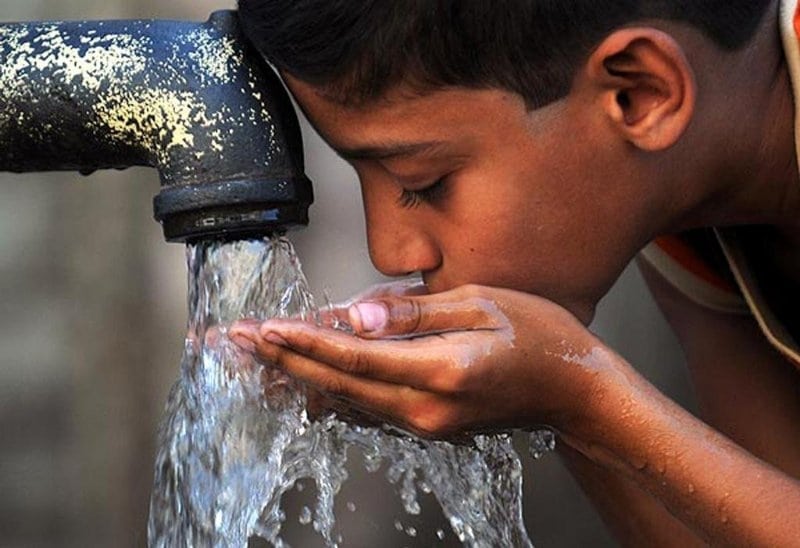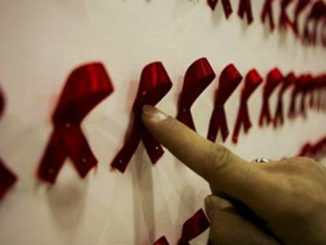
ISLAMABAD – Up to 90 percent of water supplied in Karachi, a Pakistani city of nearly 20 million, is unfit for human consumption due to the presence of bacterial contamination, reveals a recent report by a commission constituted by the country’s top court.
The report, based on laboratory analysis of water samples collected from surface and underground water sources from different parts of the port city in the Sindh province, was submitted to the judicial commission headed by Justice Muhammad Iqbal Kalhoro. The commission was constituted by the Southeast Asian country’s supreme court to investigate authorities’ failure to provide clean drinking water and poor sanitation conditions in Sindh.
Research shows that 40 percent of diseases in this country is transmitted by unfit drinking water.
Karachi is the most populous country in Pakistan, which borders India, China, Afghanistan and Iran. According to last year’s figures, more than 20 million people inhabit this city which is located on the coastline of Sindh province in southern Pakistan, along a natural harbor on the Arabian Sea.



